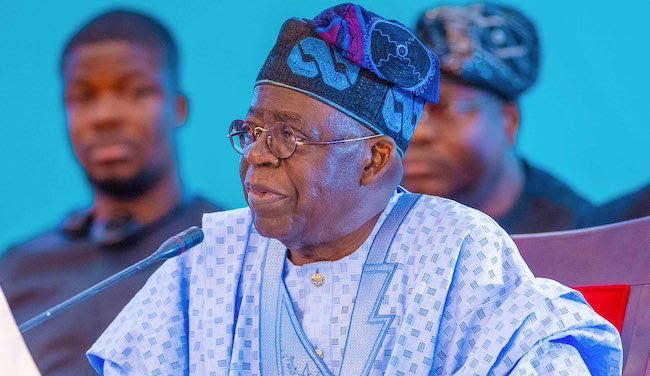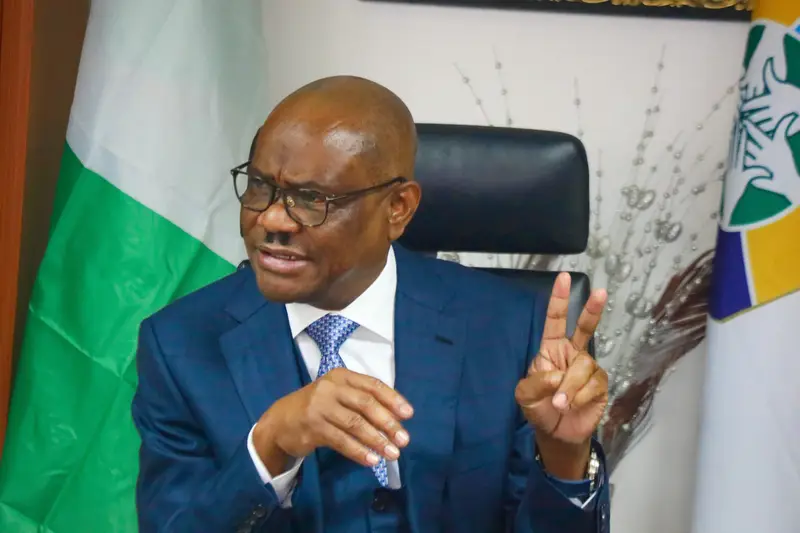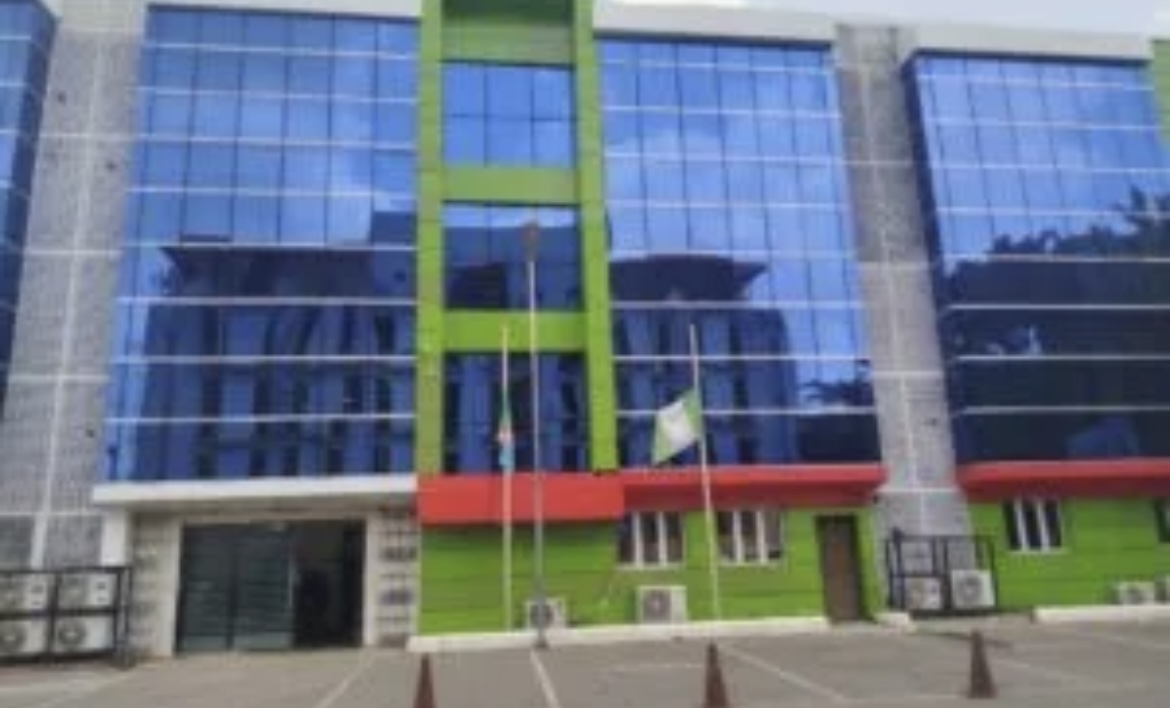Tinubu Unveils Nigeria’s First National Industrial Manpower Development Policy to Bridge Skills Gap

President Bola Ahmed Tinubu has announced plans to introduce Nigeria’s first-ever National Industrial Manpower Development Policy, emphasizing that the nation’s greatest strength lies in its people rather than its natural resources.
Speaking at the opening of the National Industrial Manpower Summit 2025 in Abuja, President Tinubu — represented by Vice President Kashim Shettima — stressed the urgent need to close the gap between educational output and industry needs to unlock Nigeria’s full economic potential.
“For a nation with a median age of about seventeen, Nigeria is an incredibly young country. This youthfulness is a gift, but it is also a responsibility,” Tinubu said. “We must make our young people not just a demographic statistic but a central component of our policy-making process.”
Aligning Education with Industry Needs
Themed “Manpower Development: The Bridge Between Potential and Productivity,” the summit underscored the importance of human capital development alongside infrastructure and sound policies. Tinubu urged collaboration between the public and private sectors to ensure young Nigerians are prepared for the modern job market.
He highlighted key action points, including:
- Creating an industrial skills database
- Developing sector-specific manpower roadmaps
- Elevating the status of vocational and industrial training
- Dignifying trades such as welding, machining, software engineering, and factory operations
Tinubu warned that disruptive technologies demand a constantly evolving workforce, adding that Nigeria must act now to prevent a widening skills gap in the face of global technological change.
A Call for Action, Not Just Dialogue
“This summit is not just a forum for discussion; it is a call to produce actionable recommendations that will form the basis of Nigeria’s first-ever National Industrial Manpower Development Policy,” Tinubu noted. “We will review, adopt, and implement viable proposals with urgency.”
Stakeholders Voice Support
- Senator John Owan Enoh, Minister of State for Industry, hailed the summit as proof of President Tinubu’s intentional leadership, noting that moments in a nation’s history must be seized to turn potential into productivity.
- Dr Jumoke Oduwole, Minister of Industry, Trade, and Investment, emphasized that skilled manpower is essential for attracting and retaining domestic investment, advancing industrialization, and driving export-led growth in line with the President’s 8-point Renewed Hope Agenda.
- Alhaji Mohammed Maigari Dingyadi, Minister of Labour and Employment, called for collaborative efforts over fragmented initiatives to advance skills development and manpower planning.
- Mr Adamson Ayinde Oluwatoyin, Senior Special Assistant on Industrial Training and Development, described the summit as a turning point in shaping Nigeria’s workforce for the future.
- Dr Afiz Ogun Oluwatoyin, Director General of the Industrial Training Fund (ITF), commended the President’s foresight in appointing capable leaders to drive industrial manpower reform.
Why This Policy Matters
The proposed National Industrial Manpower Development Policy aims to:
- Equip Nigeria’s youthful population with relevant skills
- Close the education-to-employment gap
- Boost industrial productivity
- Support economic diversification and export growth
As the summit concluded, stakeholders agreed that Nigeria’s path to economic transformation depends on investing in its people, fostering innovation, and ensuring that skills development keeps pace with global industry demands.




